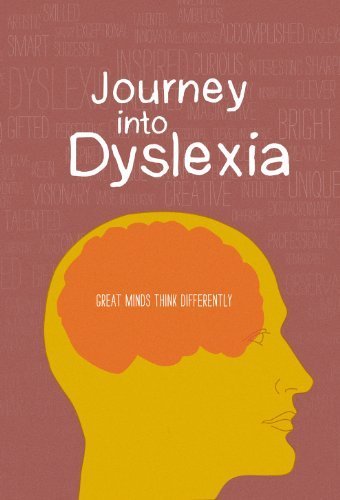We’re excited to share this guest post from Christian Henry of NoticeAbility about the unique event held alongside the IDA conference in Connecticut this past October. NoticeAbility is a nonprofit dedicated to helping students with dyslexia identify their unique strengths and build self-esteem. The organization’s Entrepreneurs and Innovators workshop brought together kids with dyslexia from all over the country to showcase their talents in a “Shark Tank”-style format. Read about it in Christian’s post below and make sure to watch the video at the end. Take a close look and you’ll see former camper Virginia A.! And please check out NoticeAbility’s programs on their website!
My daughter loved every aspect of school except for one thing: when she had to read at night, it was very stressful!"
Here at NoticeAbility, we hear this from parents all the time. As a non-profit building online curriculum for dyslexic students, we are challenged by the fact that there are lots of good literacy interventions, but that even under the best circumstances, the self-esteem of students with dyslexia tends to be a casualty. How can we make a difference for these families who know their child is a great learner, whose strength is not— as so much of school demands—in the reading department?
We offered 30 families a one-time offer: we'd show up at the International Dyslexia Association annual conference at the Foxwoods Casino in Connecticut and present a condensed version of our Entrepreneurs & Innovators course—normally 10 weeks long— over just two days of the conference. Thanks to Susie, two Camp Spring Creek families drove hours to join in.
Our curriculum recognizes that dyslexics end up disproportionately in careers associated with entrepreneurship, the arts (music, movement, painting, sculpture), architecture and engineering. Since most middle school teachers are not versed in those areas, we make use of the 'blended classroom', with much of the content delivered in online videos with lots of scaffolding to keep a very low demand on our students to read and write just to absorb the material. Then the teacher facilitates small group project-based work, where students are identifying a problem, observing how it impacts people, asking how it might be solved, and then working up to presenting their business model in a public forum as a team. Throughout, students are being coached by their teacher, and through the course content, to find areas of confidence and ability (hence: Notice Ability, which is also a play on words: No Disability) that build their confidence, sense of self, and academic tenacity.
What we re-discovered during the workshop was the same thing that you know as Camp Spring Creek families: our young dyslexic learners deserve the chance to recognize and exercise their strengths, to claim who they are, to feel great about learning and contributing, and that there is hope for how to make sure this community of support grows. Watch the video here to see parents and students react and reflect. We wish you time with family and great learning together in 2019!




